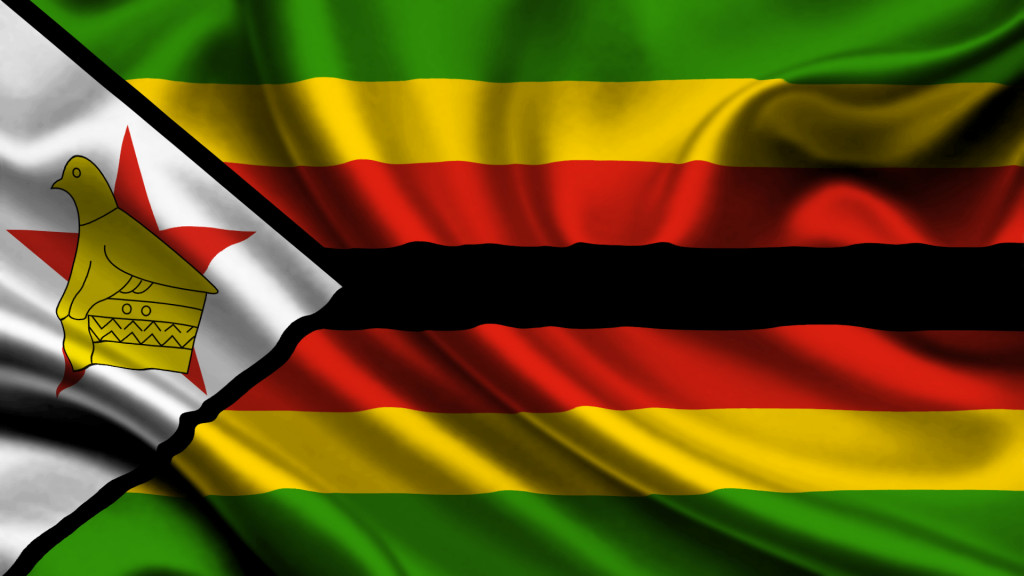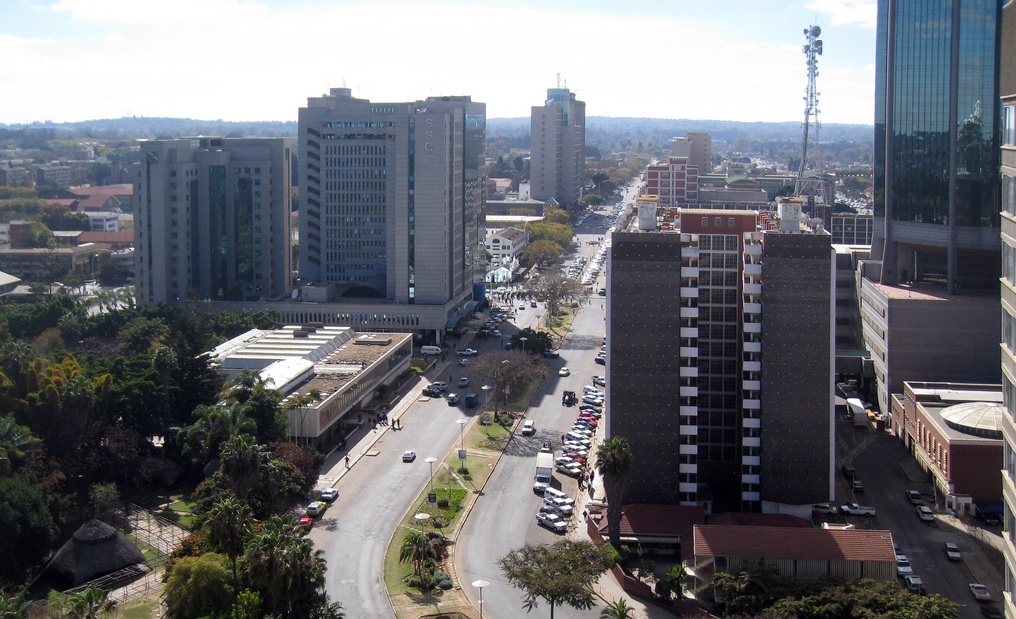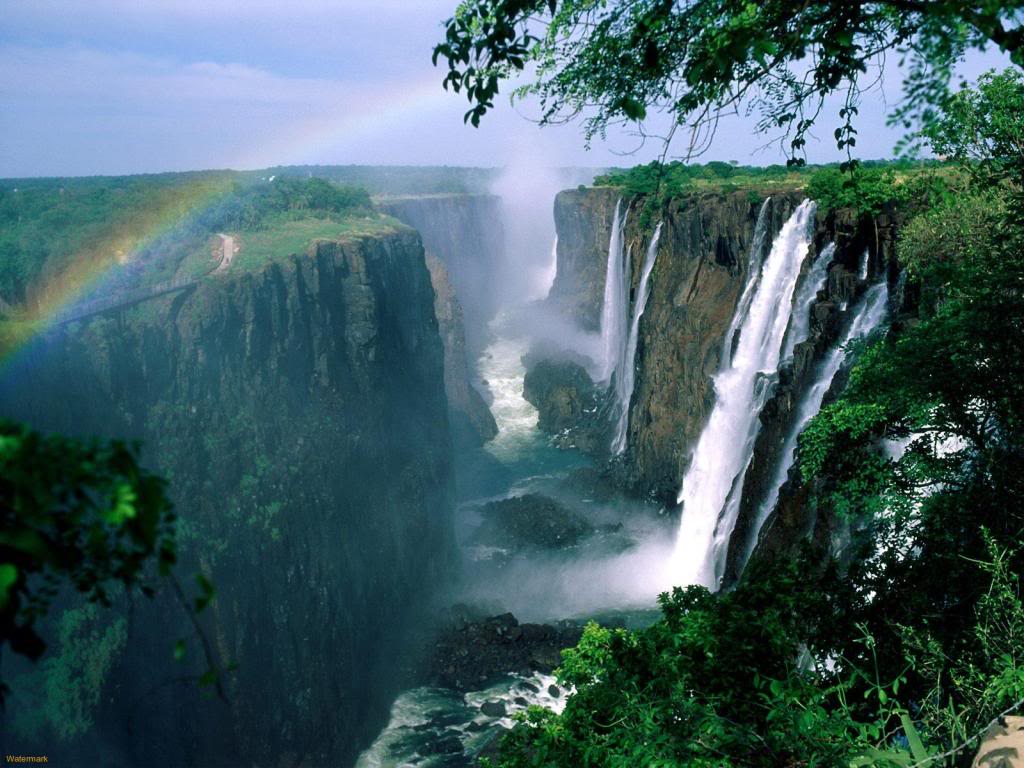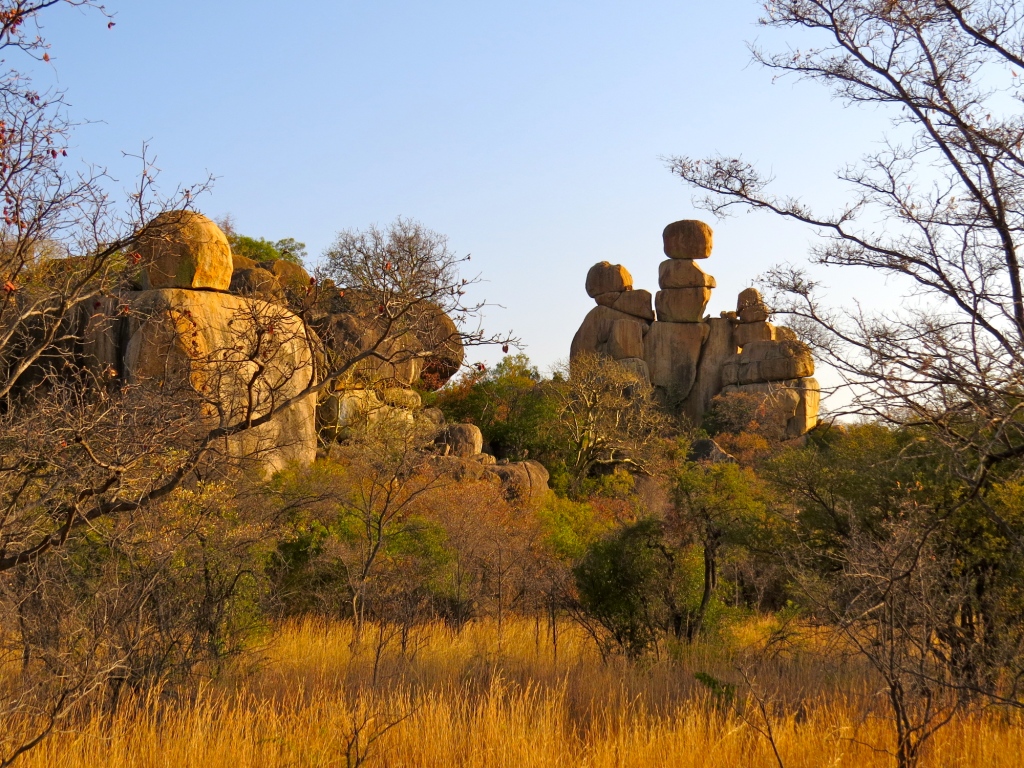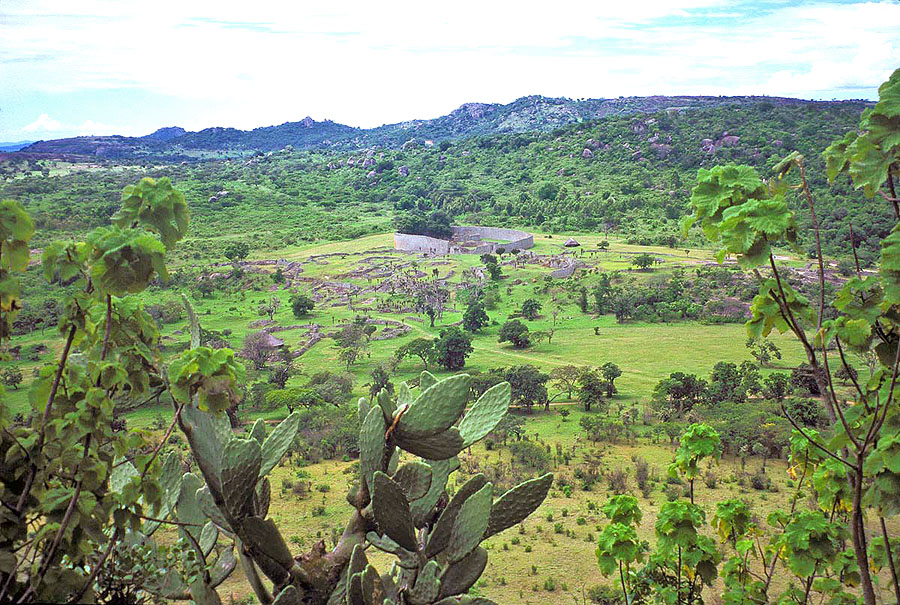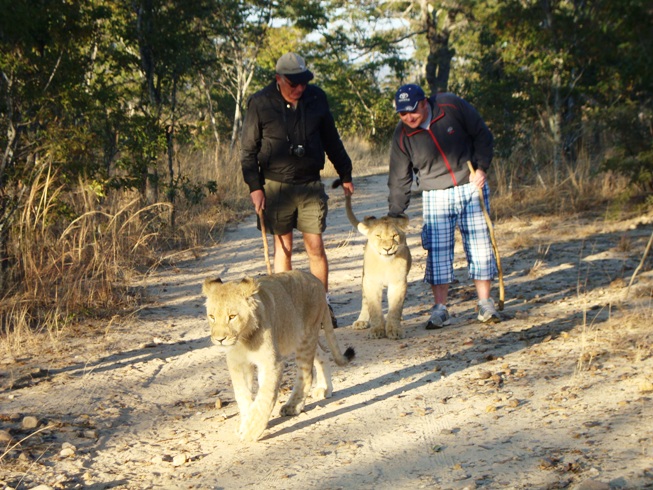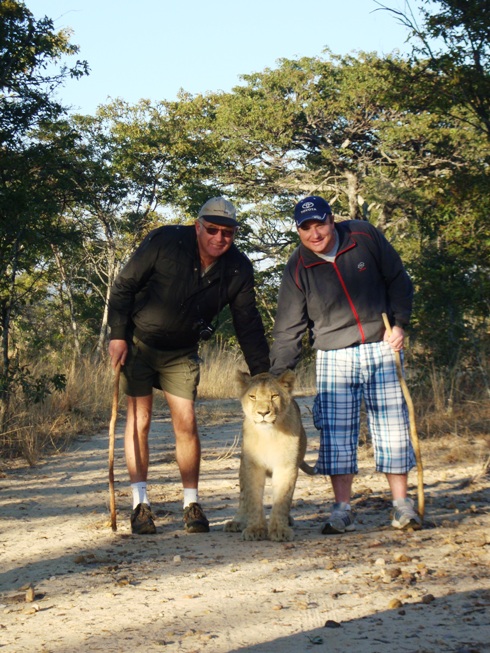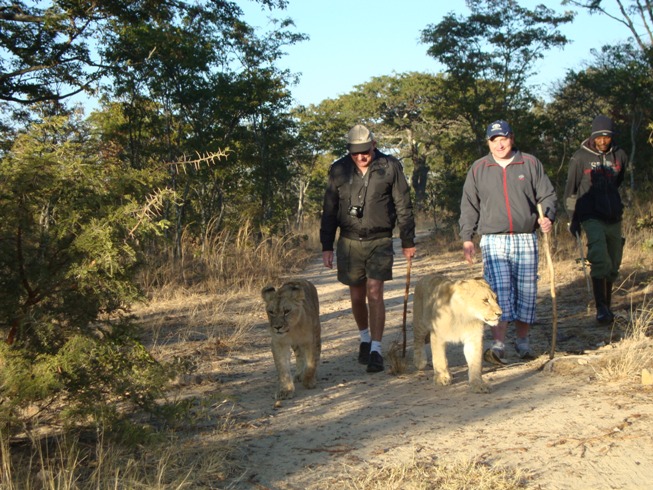Zimbabwe – Observations on the Mid-Term Fiscal Policy review
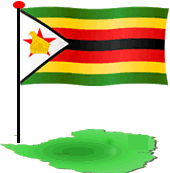
The Minister of Finance and Economic Development presented the 2014 Mid-Term Fiscal Policy Review Statement in Parliament on Thursday, September 11. The Review considers the performance of the economy during the six months to June as well as the outlook to year-end. For a copy of the full statement, please call up the Ministry’s website, www.zimtreasury.gov.zw from which you can download the entire presentation. At 140 pages, it is even heavier reading than the summary below.
In the first sections the Minister offers details of the assistance offered to Zimbabwe by various countries and development agencies, together with up-dates on contracts for work on power stations, dams and roads.
In the Minister’s assessments of achievements in the first half of the year, he makes frequent references to the evidence of mounting stress in the economy, some of the consequences of which were disappointing revenue collection figures and increased levels of expenditure.
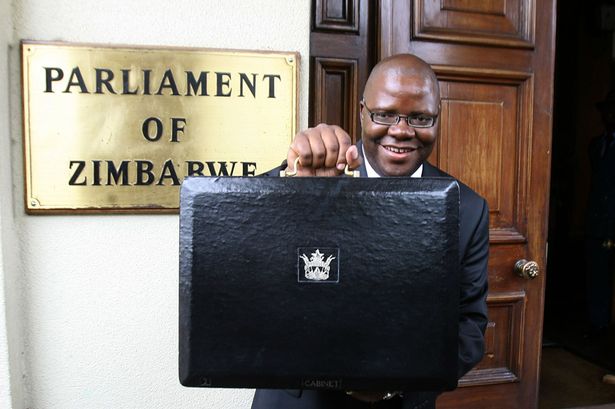
Zimbabwean Finance Minister
He also reviews production, trade and the budget figures for the first half of the year, all of which lay the foundation for his observations on the macro economic framework. From these, the Minister derives indicators upon which he then tries to build performance forecasts for the rest of the year.
Of concern from this point – which is reached on Page 80 – is that claims of economic growth appear to be out of line with the evidence that emerges from his preliminary observations. In summary, mining output values are down, imports are down, exports are down, corporate tax revenues are down, VAT revenue is down, which means that retail spending is down, the public debt is increasing and to provide for higher government recurrent expenditure, cuts were made to planned capital spending.
Despite these harsh trends, the Minister expects Gross Domestic Product to increase from $13,49 billion in 2013 to $14,01 billion this year. The forecast appears to be based on the improved tobacco and maize output, but the value of those improvements do not compensate for the shrinkages seen in commerce and mining, together with the undisclosed falls in manufacturing and formal employment, all of which were reflected in falling tax revenues.
With rising budget commitments – additional spending requirements of $951 300 000 are identified – the Minister announces Revenue Enhancing Measures. These are dependent on expected revenue flows from taxes on fringe benefits, higher rents from government housing, a new tax on mobile phone use and higher excise duties on fuel, as well as higher import duties and surtaxes on meat, dairy products, vegetables, prepared foods, beverages, cosmetics, cleaning materials, furniture and motor vehicles.
No information is offered on the amounts that the Minister expects to raise from these different sources, but as the full amount will impact directly on the disposable incomes of consumers, their total purchases of household requirements will be reduced by about the same total. Accordingly, the increases in tax revenues achieved from the targeted areas will be closely matched by falls in tax revenues from other sources, these being mainly VAT, company profits taxes and import duties. If these falls are significant, further job losses and reduced PAYE contributions will also undermine tax receipts.
These possible cuts appear not to be worthy of the Minister’s attention because he argues that the higher import duties will persuade consumers to more actively support local producers of the affected products. By enhancing industry capacity utilisation, says the Minister, government will be able to resolve some of the challenges relating to the competitiveness of local products and the unsustainable current account deficit. He also claims that the measures to get industry working will resolve the liquidity crunch, the growing unemployment and, using the phrase “as well as fiscal space”, improve tax revenue flows as well.
Unfortunately, actually resolving such challenges would depend upon restoring capacity. But it no longer exists. With the disappearance of efficient farmers, it is the falling production volumes that were soon causing the evaporation of investor confidence upon which each of the value-adding manufacturing business depended. The final nails in their coffins were driven home by price controls, but it was Land Reform that did the initial damage.
Food product imports are a specific target for the Minister, but for the food processing companies who are supposed to be put back on their feet by higher import duties, the capacity they once had depended upon substantial investments that were once fully justified by the steady, dependable supplies of the needed inputs from dependable, well-capitalised farmers. It is these farmers who are now missing from the picture. That is where the start should have been made, but government remains determined to prevent the restoration of large-scale commercial farming.
Taken together with the destruction of corporate savings, the indigenisation demands and the dissipation of industrial skills, these are the factors that have to be included in the sequence of events that brought about the deindustrialisation suffered by Zimbabwe. This whole sequence has yet to be unravelled, but further distortions have since been imposed. While price controls have not been a handicap since dollarization, Zimbabwe has instead become burdened by self-inflicted cost factors that are serious enough to prevent local factories from becoming competitive.
Among these are wage levels that cannot be supported, given the inefficient production methods in use, and further inefficiencies are caused by erratic electricity and water supplies. Excessive trades union influence, supported by Ministry of Labour regulations, has led to job protection measures that prevent the rationalisation that might have given business owners reasonable prospects of becoming successful. While those in place are struggling to survive, the continued existence of regulations hostile to employers will hold down the country’s prospects of attracting new investors.
Revisions to retrenchment laws are needed as much in the public sector as in the private sector. Zimbabwe’s public sector employment costs are the highest in Africa and the Minister announces in his statement that another $209 million will be needed by year-end. This will take government’s employment costs to $3,2 billion, which will be 77% of total expenditure, or 83,1% of expected revenue. Government’s inability to retrench thousands of superfluous public sector employees has placed these individuals in a privileged position that even if the country’s economy were enjoying strong growth, would be beyond its means. This job protection is not deserved.
The needed growth will not materialise until investors, local as well as foreign, begin to find the investment environment acceptable. In this regard, the Minister claims that the country’s Indigenisation laws have been misinterpreted and misrepresented.
He then makes the claim that compliance with the indigenisation policy framework can be achieved by obtaining a listing on the Zimbabwe Stock Exchange. This is interesting news, specially for all the companies that were already listed on ZSE when the Indigenisation and Empowerment Act was passed. Their directors have since faced repeated and often threatening reminders of the penalties they will face if a majority of the shares in issue are not transferred to indigenous individuals, or to government entities such as the Zimbabwe Mining Development Corporation.
Investors are invited to await the publication of a Government Gazette Notice that will clarify the regulations to the Indigenisation and Empowerment Act. These are expected to revise the terms for Joint Ventures, and for investments that will empower local communities, serve needy sectors of the economy, take the form of contract farming or land use agreements, or involve the investors in Build-Own-Operate-Transfer projects.
Despite the Minister’s claim that the earlier Statutory Instruments on indigenisation have been simply misunderstood, these reinterpretations amount to significant changes that will bring with them the need to amend the original Act. Before they can take these claims seriously, investors will be keen to see revisions in the regulations reflected in amendments to this Act.
———————–
In his Fiscal Policy Statement, the Minister certainly recognises many of the economy’s shortcomings and he makes a point of the need to improve upon the efficiency and accountability of the various arms of government, the parastatals and local government.
However, the Minister’s policy measures are almost entirely directed at raising more revenue from whatever is left of the country’s productive capacity. The few exceptions that will be of benefit to producers include a reduced royalty level for gold mines, but the deeper issues adversely affecting business and investment levels either receive no attention, or have attracted cursory glances that will make no difference to economic performance.
More direct Ministry of Finance intervention would be helpful in ensuring that the official charges, levies, fees and taxes, which presently add to the costs of doing business in Zimbabwe, should not be allowed to remain the reason why locally produced goods cannot compete with imports. Directly under the Minister’s control are the recently introduced border charges, surtaxes and fines. When taken together with inordinate delays at customs posts, these have contributed to the production costs that have made many companies uncompetitive.
Also within the Minister’s sphere of influence is the fact that a US dollar does not go as far in Zimbabwe as it does in other countries. Blatant price distortions have emerged and the Minister should use his authority to prevent the imposition of exaggerated US dollar prices, costs and wages, as these are also partly responsible for making Zimbabwean producers uncompetitive.
Public sector salaries in Zimbabwe, relative to GDP, are the highest in Africa partly because the value of a US dollar is assessed at too low a figure. This thinking has been carried through into an official price for maize of $390 a tonne, which is almost twice the current world price. The Minister of Finance should have over-ruled the Ministry of Agriculture’s attempt to devalue the currency on which Zimbabwe has become dependent. If this price is allowed to stand, there will be nothing to stop, say, the Minister of Mines declaring that gold will now sell for, say, $3000 an ounce.
In the business sector, distortions on the same scale have forced US dollar wages to be twice as high as their equivalents in the Far East. The Ministry of Labour, in support of the activities of trades unions, has sustained these distortions in the valuation of the US dollar. The resulting pay scales have reduced the viability of companies that would have paid higher taxes if they had not been rendered unprofitable. Many have been forced to close, so the jobs and PAYE contributions have been destroyed as well.
Tax revenues are generated when economic activity, which requires investment, brings about value additions and profits. As the old investments struggle to remain competitive and the US dollar’s real value is high enough to permit access to imports at prices that are lower than their local equivalents, the Minister’s taxable territory is shrinking. For the affected goods, the country receives only the VAT. The rest of the taxes are paid somewhere else.
Zimbabwe has seen its formal employee levels fall to the figure that was recorded in 1970. In 44 years, the population has more than doubled, so today our formal sector employees should total about two million, not the 850 000 who presently have a job. If two million employees were holding down formal sector jobs in Zimbabwe, they would have become a far bigger source of tax revenue than three times that number now struggling in the informal sector and being targeted for new taxes and fees.
In 1980, one person in every ten formal sector workers had a job in government. Today, one person in every three formal sector workers has a government job. These figures exclude parastatal workers. To get back to an affordable public sector, the taxable private sector needs to be built up to at least three times its current size.
That requires investors, and investors need an investor-friendly environment. Right now, Zimbabwe’s business environment ranks as one of the unfriendliest in the world. The Minister of Finance does express a wish to address some of the shortcomings through legal, regulatory or administrative reforms, and he also recognizes the need to re-establish good working relationships with the international financial institutions, from whom long-term loans are essential.
The Minister does report on the efforts made to meet payments obligations to the IMF, the World Bank, the African Development Bank and the European Investment Bank, to which it will make “token” payments to “demonstrate Zimbabwe’s commitment towards resolution of its external debt challenges”. According to the Minister, the payments are considered important; they will assist Zimbabwe to negotiate for debt relief.

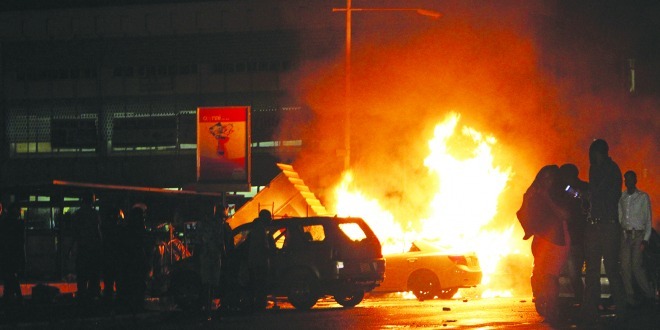
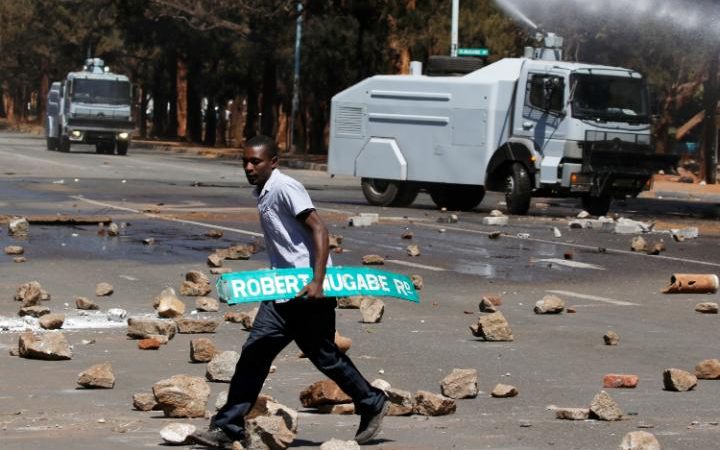
![Filmmaker Tapiwa Chipfupa returns to the country of her birth to understand Zimbabwe's decline [Al Jazeera]](/wp-content/uploads/2016/04/c4bbd6996d2946568c281d24a7086baa_18.jpg)
![Tapiwa Chipfupa traces the story of her family's life across Zimbabwe and the parallel story of the decline and collapse of the country [Al Jazeera]](/wp-content/uploads/2016/04/a2ff7fb69a4a42bea75755f2def79fcc_18.jpg)
